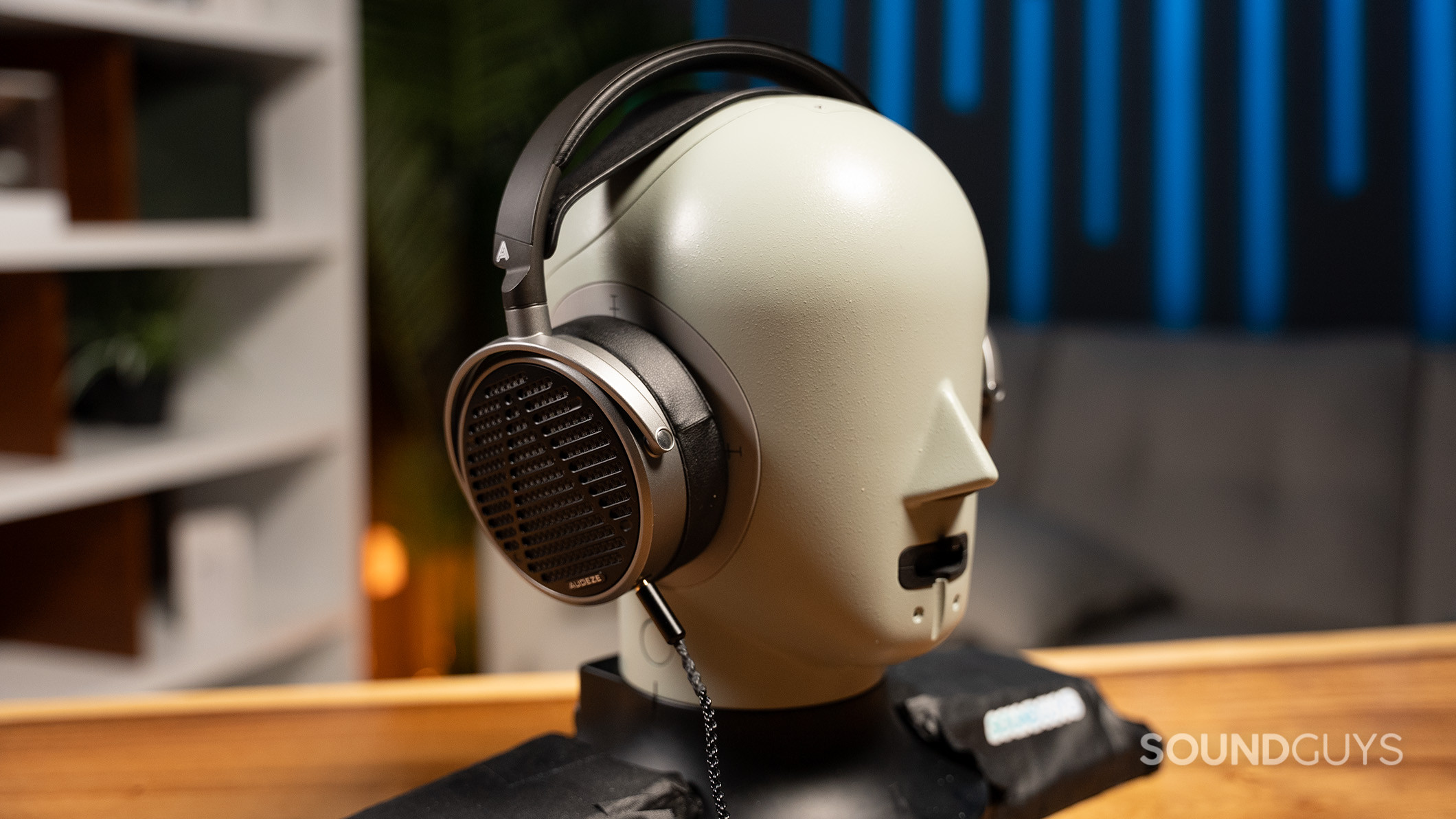All products featured are independently chosen by us. However, SoundGuys may receive a commission on orders placed through its retail links. See our ethics statement.
Think spending more gets you better sound quality? Think again
8 hours ago

You’ve probably been looking for headphones and thought to yourself: “These cans seem okay, but I wonder if I can get better sound if I spend more?” Surely, you assume, that price must have some relationship with sound quality? Let’s take a look at what the data tells us.
What we discovered about sound quality
We’ve been testing audio products for many years now, and after all that time: we’ve got a lot of data to comb through. While it’s tempting to take a look at every measurement at once to see if there’s any strong correlation to features, past studies have already confirmed there’s no relationship between frequency response and price. Sure, there’s more to sound quality than just frequency response alone, and sure, not everyone likes the same tunings. But not testing assumptions for a long time is poor practice — does adding a new way to quantify timbre, distortion, and immersiveness change anything?

Enter Multi-Dimensional Audio Quality Scores. The brief story is this: HEAD acoustics, using data from hundreds of people, was able to create a set of machine learning algorithms to predict how that group of people would rate sound quality by several different metrics. Over the past year and a half, we’ve been collecting sample data to generate these scores, and we now have over 150 models in our database published, and more in the hopper. Because these scores take far more data into account than just frequency response, if there is a relationship between price and sound quality, this should tell us. So what happens when we compare overall scores with price?
Overall scores
What this means

If you’re wondering what all this means for you, it’s simple: Don’t worry too much about what price means for a product’s sound quality. Do these four things instead.
- Get headphones that are comfortable to you.
- Learn more about equalizers, how they work, and what your preferences are.
- Research your next purchase through sites with measurements like SoundGuys.
- Remember that the headphones are a vehicle for music: relax and enjoy.
I find it quite telling that by any means we find to quantify perceived sound quality: there doesn’t seem to be much of a relationship with price, nor has there been for about a decade now. There are tons of low-cost options out there that sound really great, and you don’t need to take out a loan to get good audio. It seems that really expensive headphones aren’t always made for the sole purpose of performance for the masses, and most enthusiast options fetch a high price due to higher-quality materials, niche appeal, or smaller-scale manufacturing.
But if anything changes, we’ll let you know.